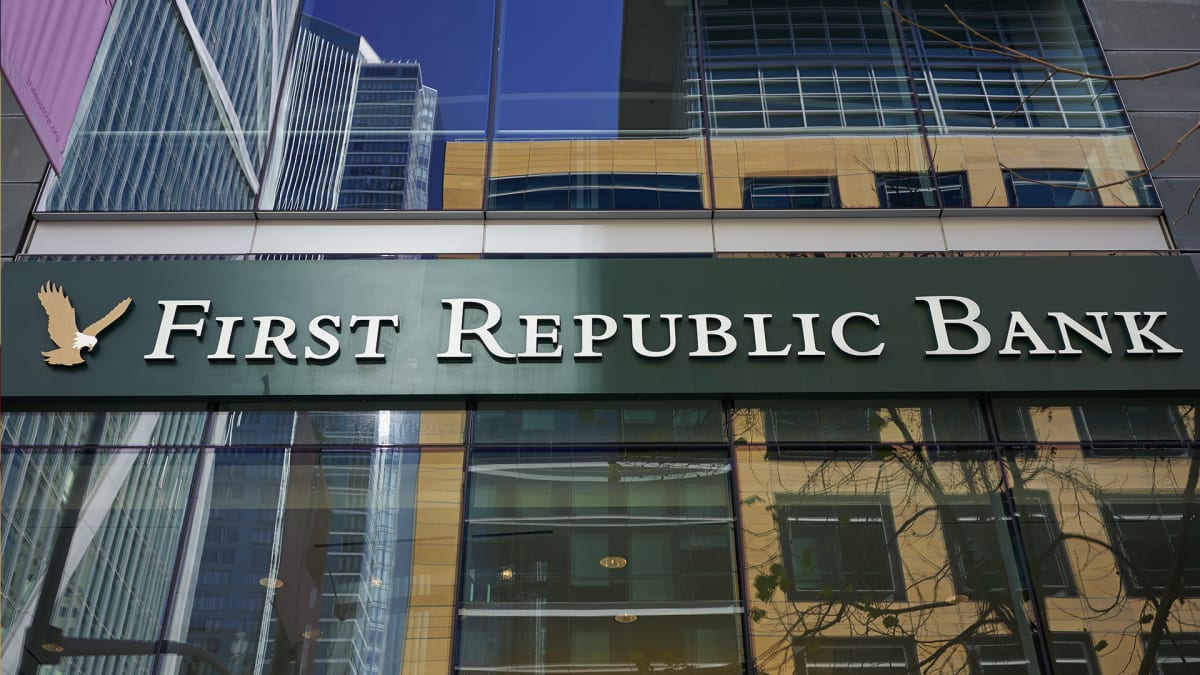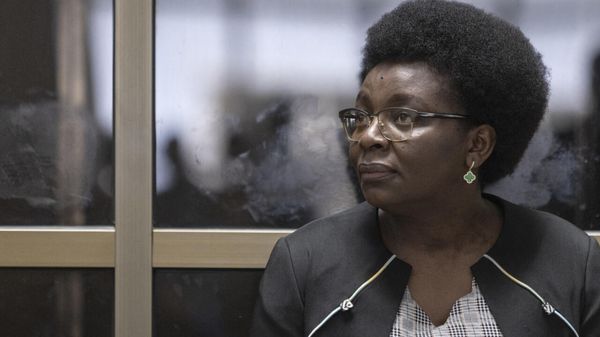
This will be the third failure of a U.S. bank in less than two months.
First Republic Bank is expected to be sold to a major bank on May 1. The San Francisco, Calif.-based bank would then become the second-largest bank failure in the United States after Washington Mutual in 2008.
According to the Wall Street Journal, JPMorgan Chase and PNC Financial Services Group submitted bids on Sunday morning to acquire the troubled Californian bank in a sale led by the government, and more specifically the Federal Deposit Insurance Corporation (FDIC). The federal regulator went back to the bidders with questions in the evening.
The winner should be named this Monday, May 1 before the opening of Wall Street, the newspaper reported.
Exodus of Wealthy Clients
First Republic Bank (FRC) had $233 billion in assets at the end of the first quarter. Its failure comes after that of Silicon Valley Bank (SIVB) on March 10 and Signature Bank in New York (SBNY) on March 12. These last two banks are respectively the third and fourth biggest bank failures in the US.
The failure of First Republic Republic also comes after the bank has lost more than 90% of its stock market value since the collapse of SVB. Last week, its stock price was down 75.4%. The FRB stock went from $14.26 on Apr. 21 to $3.51 on April 28. It is a stock market bloodbath.
The firm has been a victim of its business model, which consists of collecting large deposits from rich clients and paying little or no interest on them. The bank, in turn, offered low-interest mortgages to those very some customers. The strategy worked for a very long time.
But when the Federal Reserve began raising interest rates to fight stubborn inflation, this business model showed its limits. Customers began to panic and rushed to withdraw their funds. What also fuels the panic is that the FDIC guarantees deposits up to $250,000 only. Basically, all individuals with more than $250,000 in their accounts would lose anything above the FDIC threshold if the bank defaulted.
FRB said this week that deposits fell 41% to $104.5 billion in the first quarter. The drop was much larger than analysts had expected. They had estimated that deposits would fall to $136.7 billion during the first three months of the year.
The bank said it filled the $100 billion hole left by depositors with expensive loans from the Federal Reserve and Federal Home Loan Bank. Basically, First Republic Bank would earn less on its loans than it was paying to borrow.
First Republic Bank Tried
This development has revived a ghost. At the end of 2022, First Republic Bank had a ratio of 111% of loans and long-term investments to deposits, according to S&P Global. Basically, the bank has loaned and invested more money than it has in deposits, subjecting it to liquidity risk.
"We are working to decrease our loan balances to correspond with our reduced reliance on uninsured deposits. We are doing so by moderating our loan volumes and we are focusing on originating loans to sell in the secondary market," chief executive officer Mike Roffler told analysts during the first quarter earnings' call on April 24.
Roffler also tried to reassure investors by asserting that First Republic Bank had $45.1 billion of available unused borrowing capacity and cash on hand as of April 21.
"This available liquidity is more than 2 times our uninsured deposits. Excluding the $30 billion of uninsured deposits received from the large banks," the chief executive said, referring to the $30 billion in deposits made last month to First Republic Bank by a coalition of 11 U.S. banks, to shore up its liquidity as it was facing a run.
The statements failed to reassure investors.
It is not certain that a takeover of First Republic Bank by a big bank can put an end to the banking crisis. After saving SVB and Signature Bank in New York in March, regulators had hoped that this extraordinary action would restore calm, but fear of contagion remained and shifted to First Republic Bank, which had a similar profile to that of SVB.
In addition, the sale of First Republic Bank to a big bank is also likely to cause an outcry in Washington, especially among Democrats who want to limit concentration and prevent the big banks from becoming even bigger.







